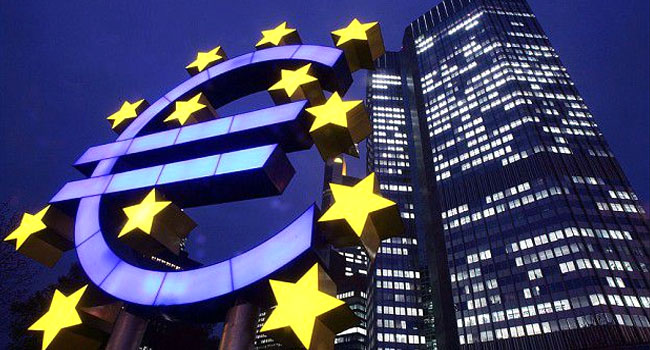Stock markets surged Tuesday on optimism that lawmakers in Washington will hammer out a new stimulus package for the crippled American economy, while concerns about the US-China trade pact eased.

Approaching the half-way stage, London’s benchmark FTSE 100 index was up 2.5 percent.
In the eurozone, Frankfurt and Paris rallied 2.6 percent.
European indices took “their cues from a positive Asia session, as investors focus on the prospect of a fiscal stimulus deal from US political leaders…. while setting aside concerns about an escalation in US-China trade tensions”, noted Michael Hewson, chief market analyst at CMC Markets UK.
Hong Kong rose more than two percent, with Macau casinos rallying on news that China would resume issuing tourist visas to Macau, reopening a crucial revenue stream for resorts that have been battered by a crash in tourist numbers.
Shanghai dropped more than one percent.
There was some relief that China did not include any members of US President Donald Trump’s administration in a group of 11 Americans hit with sanctions, in retaliation to a similar US move last week linked to the Hong Kong row.
As the pandemic hustles economies around the world, the US-China stand-off has been a major headache, with the two sides butting heads on several issues that have fanned worries they could renew their damaging trade war.
However, there is some confidence they will stick to their commitments after talks at the weekend to review their January tariffs pact.
Observers have pointed out that Beijing has failed to buy certain products owing to restrictions caused by the coronavirus, but the head of the central People’s Bank of China told state media the country would abide by the agreement despite tensions.
“No matter how the international situation changes, the most important thing is to get our own things done and to firmly deepen financial reform and opening-up,” Yi Gang told the Xinhua news agency.
Meanwhile, Bloomberg News reported that China would increase buying of soybeans from the US and ditch expensive Brazilian purchases.
“The strong sense is that the Trump administration won’t want to jeopardise the deal this side of the election for fear of alienating the important midwest farming constituency,” said Ray Attrill at National Australia Bank.
SOURCE: AFP














